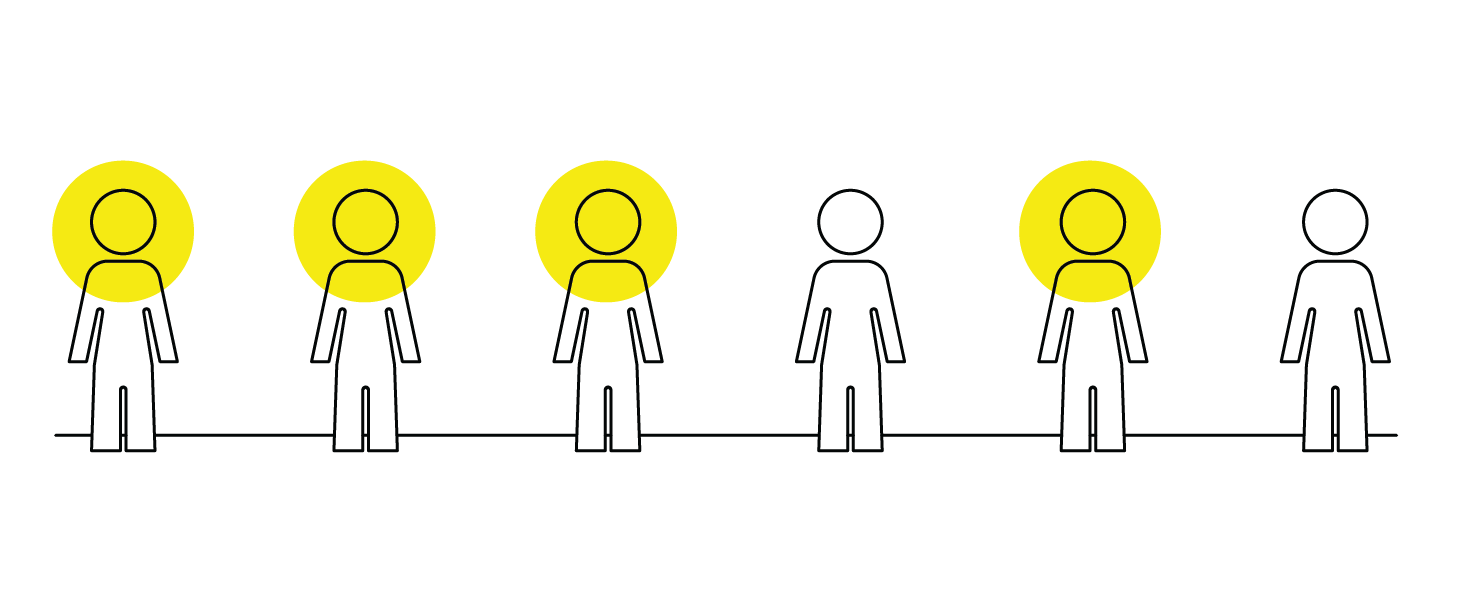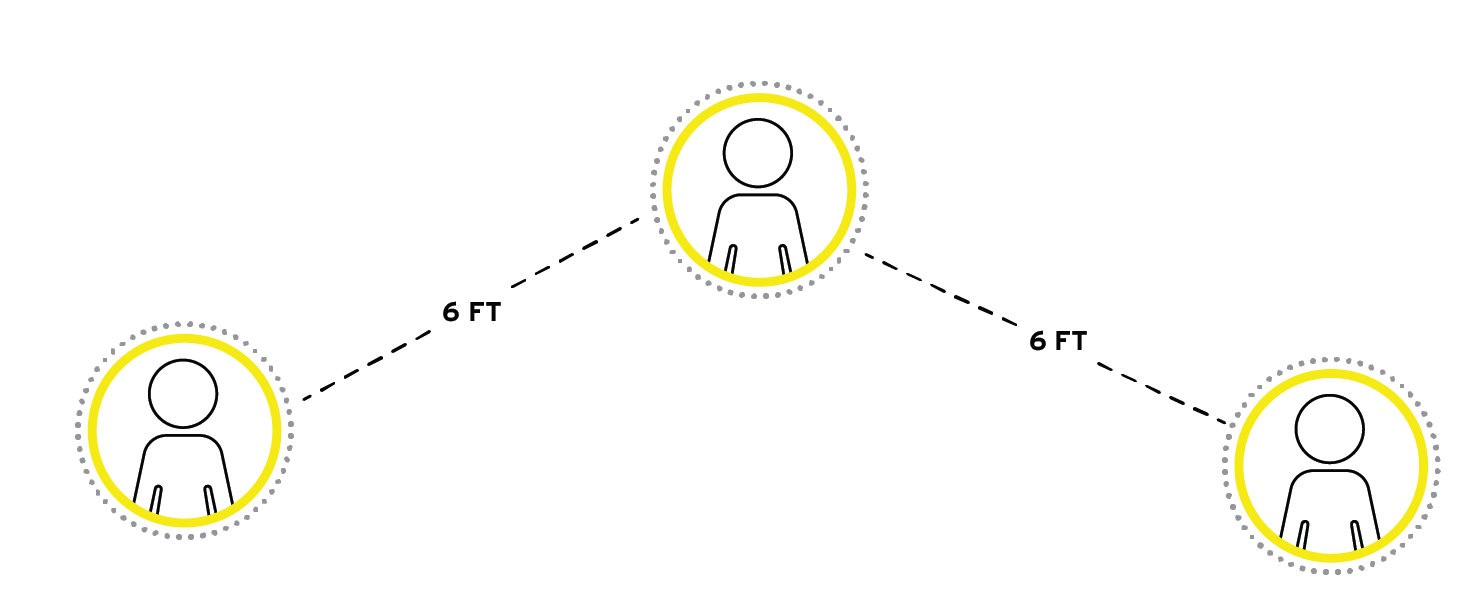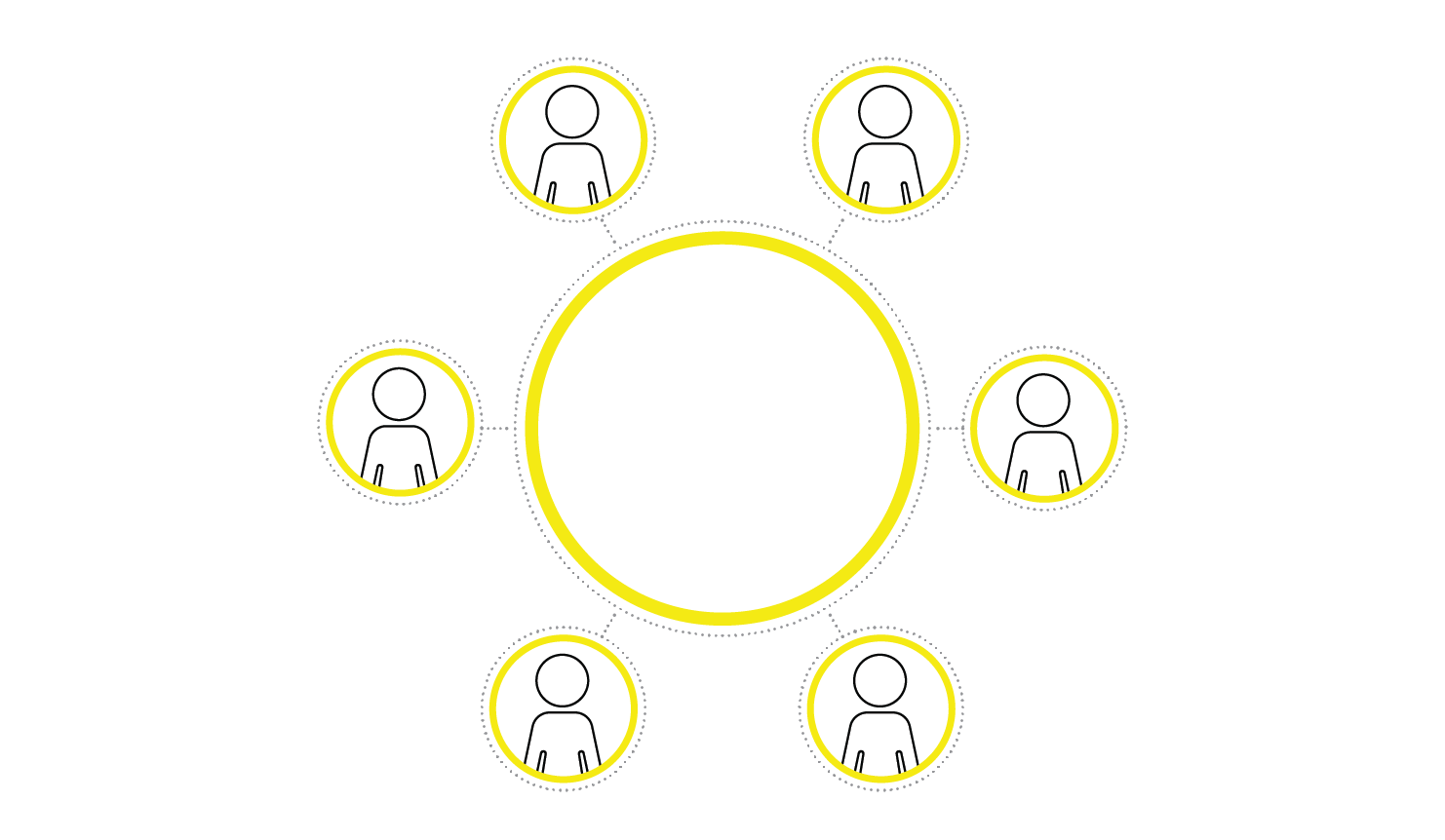Survey finds that consumers are engaging in healthy behaviors, but immersed in anxiety;
better employer communication could assuage the problem.
The Evive National COVID-19 Consumer Behaviors Survey was conducted on April 11, 2020. It included questions from our ongoing daily or semi-daily polls to our MyEvive and Evive.Care user bases and investigated behaviors and outlooks in a number of new areas. Reporting results from 750 respondents, this survey finds that while worry remains high, preventive behaviors reflect that concern. Consumers are open to solutions such as telehealth, and spirits are buoyed by strong employer communication practices during the crisis.
Nearly 2 out of 3 respondents report being “very” or “extremely” concerned

Worry remains widespread. Nearly 2 out of 3 respondents report being “very” or “extremely” concerned about COVID-19. And 4 out of 10 respondents felt “high” or “somewhat” high feelings of anxiety, stress, or sadness—underscoring the need for continued support and promotion of mental health resources during this time of crisis.
This burdened outlook springs from a variety of sources across the financial, healthcare, and familial spheres—though not all areas of concern are created equal.
Auspiciously, personal behaviors are reflecting this high level of concern. People are doing their best to follow the norms of social distancing, with the highest infraction of the “stay at home” practice being visiting a grocery store or drug store within the past 7 days (about 2 of 3 respondents).
Hygiene and social distancing practices are on the rise
Better yet, these trends are rising. All possible survey responses around hygiene (proper handwashing, avoidance of face-touching) and patterns of staying at home or staying safe while out in public were reported as “behaviors I’ve increased within the past 7 days”—and by more than 50% of respondents in each case.

This level of deep concern trails into healthcare access. With social distancing and risk avoidance on the mind, it makes sense that only 1 out of 4 respondents report feeling safe going to a doctor’s office, urgent care center, or hospital. Just as many are simply unsure.
Luckily, the vast majority also indicate a willingness to try telehealth during this period—so an alternative is clear, so long as it stays top of mind.
Only 1 out of 4 respondents reported feeling safe going to a doctor's office
In light of COVID-19, nearly 3 out of 4 respondents feel no change in loyalty or feel less loyal than usual to their employer.
Inquiry around the employee experience during COVID-19 generated fascinating—and actionable—insights. A substantial subset of the population has received employer communications about operational impacts or relevant employee benefits and resources around the crisis only “once or twice” or “never.”
It goes to follow that feelings of employer support during the crisis are neutral at best. Even while employers are making careful moves to secure their business and help their workforce, the impact is fairly opaque to employees in the absence of clear and consistent communication.
4 out of 10 respondents say they feel supported by their employer “no more than usual” or “less than usual.”
Nearly 3 out of 4 respondents feel no change in loyalty or feel less loyal than usual to their employer. When asked to give a net promoter score (NPS) to their employer in light of COVID-19, they had similar feedback. The key to uprighting this was regular communication. Communication fostered feelings of support, driving greater feelings of loyalty and higher employer NPS.
People are doing a commendable job of following recommended health and social procedures—but the impact of these new behaviors and the emotional burden of COVID-19 is taking its toll. Employers should communicate well (and often) to make sure their diverse and distanced workforce understands the steps being taken to protect them—and the benefits and resources available to help them live, cope, and stay healthy. Better yet, employers should have key insights into the significant attitudinal, health, and behavioral differences across individuals: in order to be able to communicate to each employee in just the right way at the right time to drive positive action and satisfaction.

Evive changes how people use benefits. Powered by big data and little nudges, Evive seamlessly integrates benefits into the lives of more than 4 million people every day. The company’s EviveOS™ platform provides data-driven experiences that guide people to better health, wealth, and work/life success, while helping Fortune 500 enterprises optimize their investments in people. With large employers and their employees, we’re on a journey toward benefits love.